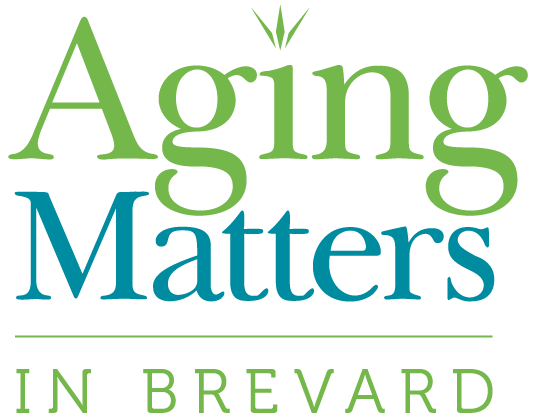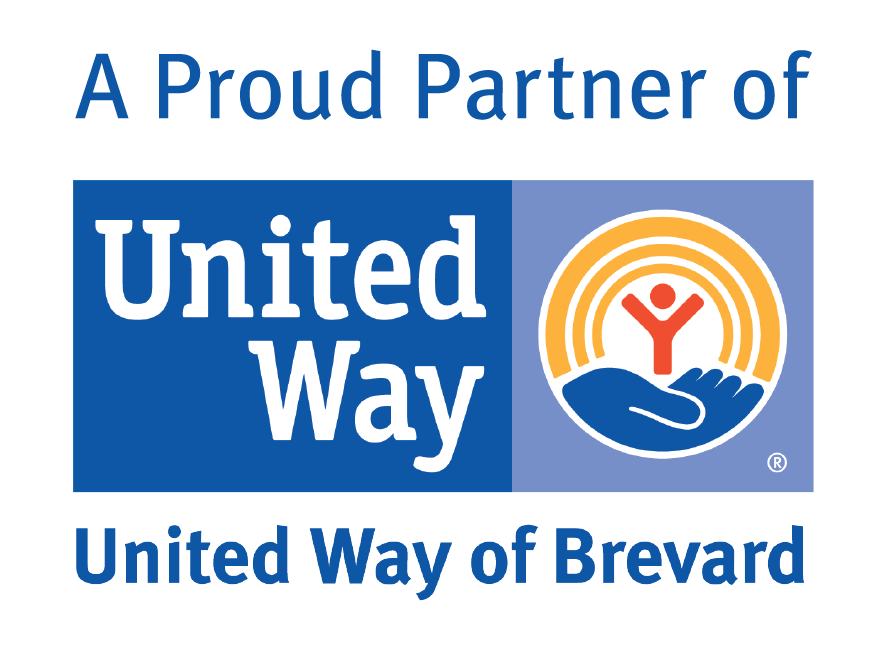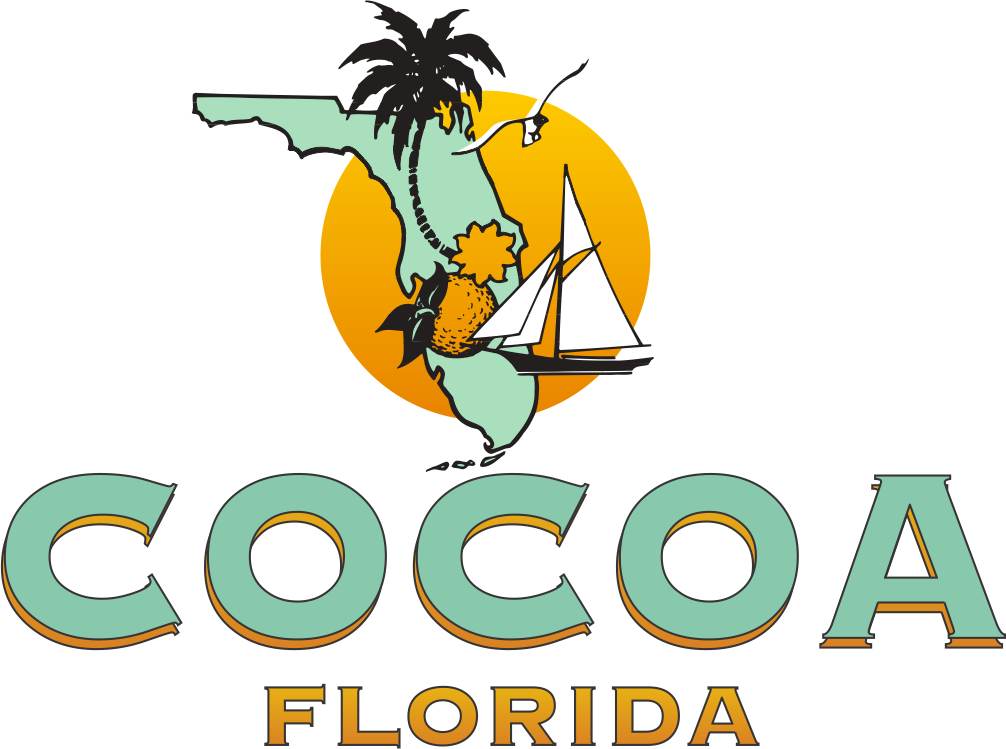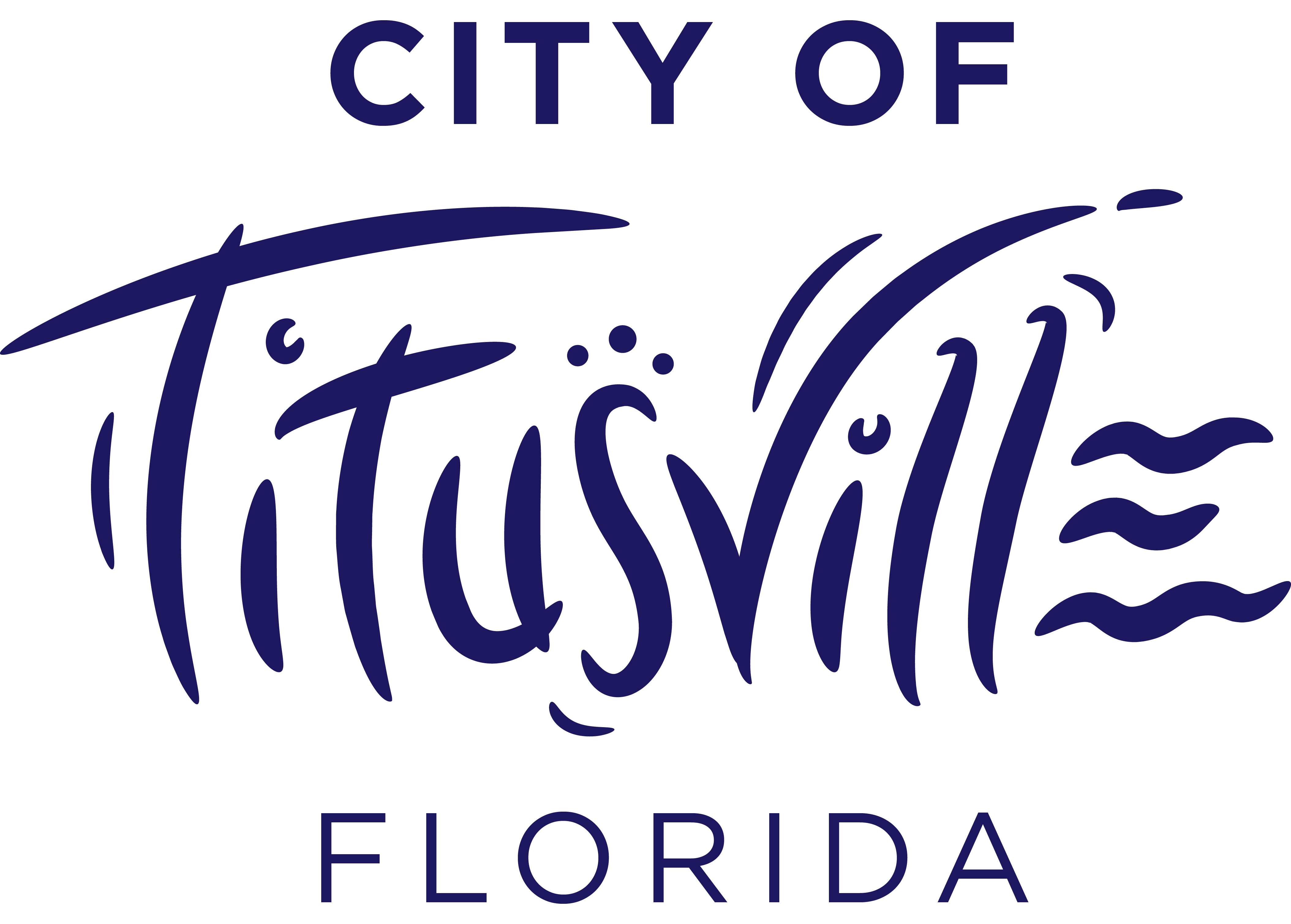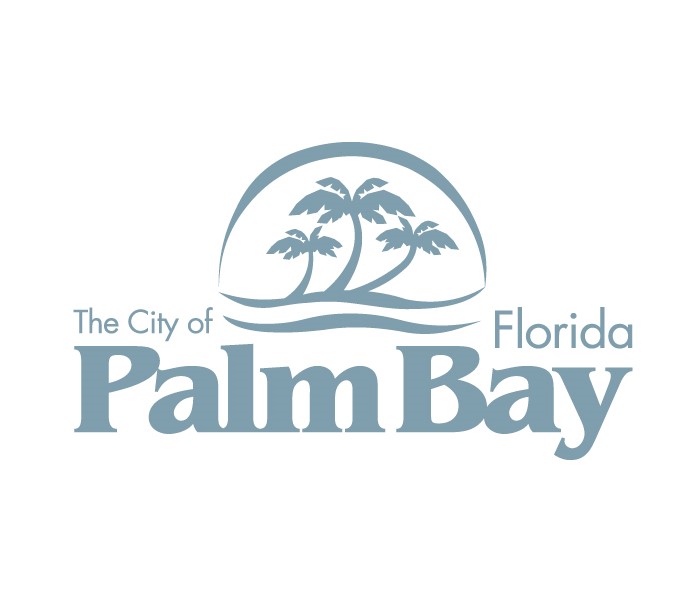February 10 USA Today Article: Meals On Wheels
Spending cuts could derail Meals on Wheels
‘Program feeds homebound and disabled seniors, the USA’s ‘hidden hungry.’
MELBOURNE, Fla. – While delivering food here every week, Meals On Wheels volunteer Charles Kuhn says he helps serve as “the eyes and ears” of eight struggling households in two mobile home parks.

These homebound and disabled seniors behind closed doors are “the hidden hungry” across the USA, says Larry Tomayko, interim chief executive officer of the Meals On Wheels Association of America. (MOWAA). Now, Tomayko fears that his senior-nutrition organization is at risk.
If congressional domestic-spending cuts take effect March 1, MOWAA faces an estimated 5.1% reduction in Older Americans Act funding, said Erika Kelly, assistant vice president for policy and legislation.
“That would translate into an estimated 19 million fewer meals, and approximately 200,000 seniors would lose the congregate or home-delivered meals they depend on for an entire year,” Kelly said.
The possible cuts from sequestration come at a time when Meals on Wheels already faces a fiscal “quadruple-whammy” generated by the recent economic recession, Kelly said. Donations are down; state and local funding have decreased; gasoline and food costs are up; and the USA’s needy population keeps growing as Baby Boomers grow older.
“It kind of creates that perfect storm with volunteerism. The main reason some programs may be lacking volunteers is the cost of gasoline,” Tomayko said. MOWAA has about 1.2 million volunteers across the USA.
In Brevard County, Fla., where Kuhn and about 700 people serve as drivers, Meals On Wheels officials suspended 14 of 99 routes earlier this month because of a lack of volunteers, said coordinator Linda Wells.
One driver who had to quit because of rising gas prices was Carolyn Whitfield, 70, a Titusville retired homemaker and Walmart employee.
“It really becomes a problem. I’m not a wealthy woman by any means – but it becomes a big drain. You want to help, but then you feel bad because you can’t drive,” Whitfield said.
Whitfield’s disabled brother and sister live across town. Both use wheelchairs, and both receive meals from the program.
According to the Meals On Wheels Research Foundation, the number of seniors facing the threat of hunger grew from nearly 6 million in 2007 to 8.3 million in 2010, Kelly said – a 34% increase. Mississippi has the highest rate of seniors facing hunger (21.5%), followed by New Mexico (21.2%), Arkansas (19.4%), Texas (18%) and Tennessee (17.6%), the 2010 research showed.
“This is a population that’s hidden. They’re forgotten about. They’re out of sight, out of mind,” Kelly said.
Sen. Ron Wyden, D-Ore., is among legislators who oppose potential funding cuts to Meals On Wheels.
“I certainly support balancing our budget, but it can’t be done on the backs of hungry grandparents. Deep cuts to Meals On Wheels would be devastating – perhaps even life threatening – to the older Americans who rely on them,” Wyden said.
According to a Brown University (R.I.) study released last month, states that spend more on home-delivered meals for seniors see reductions in nursing-home populations.
“We found that a 1% increase in the proportion of older adults age 65-plus receiving home-delivered meals in a state was associated with a decrease in the low-care population in nursing homes of 0.17%,” said Kali Thomas, lead author of the Brown study.
Meals On Wheels of Loveland and Berthoud, Colo., the parent organization’s first chapter west of the Mississippi River, marked its 45th anniversary last week, said Kimberly Spencer, director of resource development.
However, facing decreased contributions and increased demand, Spencer said her group hopes it is not forced to place seniors and disabled clients on a waiting list. The group is exploring new fundraising ideas, she said.
Loveland resident Mary Sands is a retired West Virginia college professor who delivered meals for years across southern Larimer County with her late husband, Carl. Now, the 94-year-old receives meals five days per week.
“It’s pretty important for people who aren’t able to get around as much and cook,” Sands said.
Robert Pereira, 60, has been a Meals on Wheels delivery driver for a Mizell Senior Center Meals in Palm Springs, Calif., the past four years.
“It’s a humbling experience,” he said. “They appreciate this so much.”
He knocked on Philomena Thomas’ door and entered her apartment. The 89-year-old beamed when Pereira walked into her home.
Pereira and the Meals on Wheels program mean “everything” to her, she said.
“It means that I don’t have to go to a grocery store and walk around because it’s not easy to walk; not being able to walk at all unless you use a walker.”
Thomas recently fell and hurt her back.
“I can’t get out to anyplace,” she said “I need help.”
Neale also reports for Florida Today in Melbourne. Contributing: Denise Goolsby, The Desert Sun, Palm Springs, Calif.
http://www.usatoday.com/story/news/nation/2013/02/10/meals-on-wheels-cuts/1902751/
